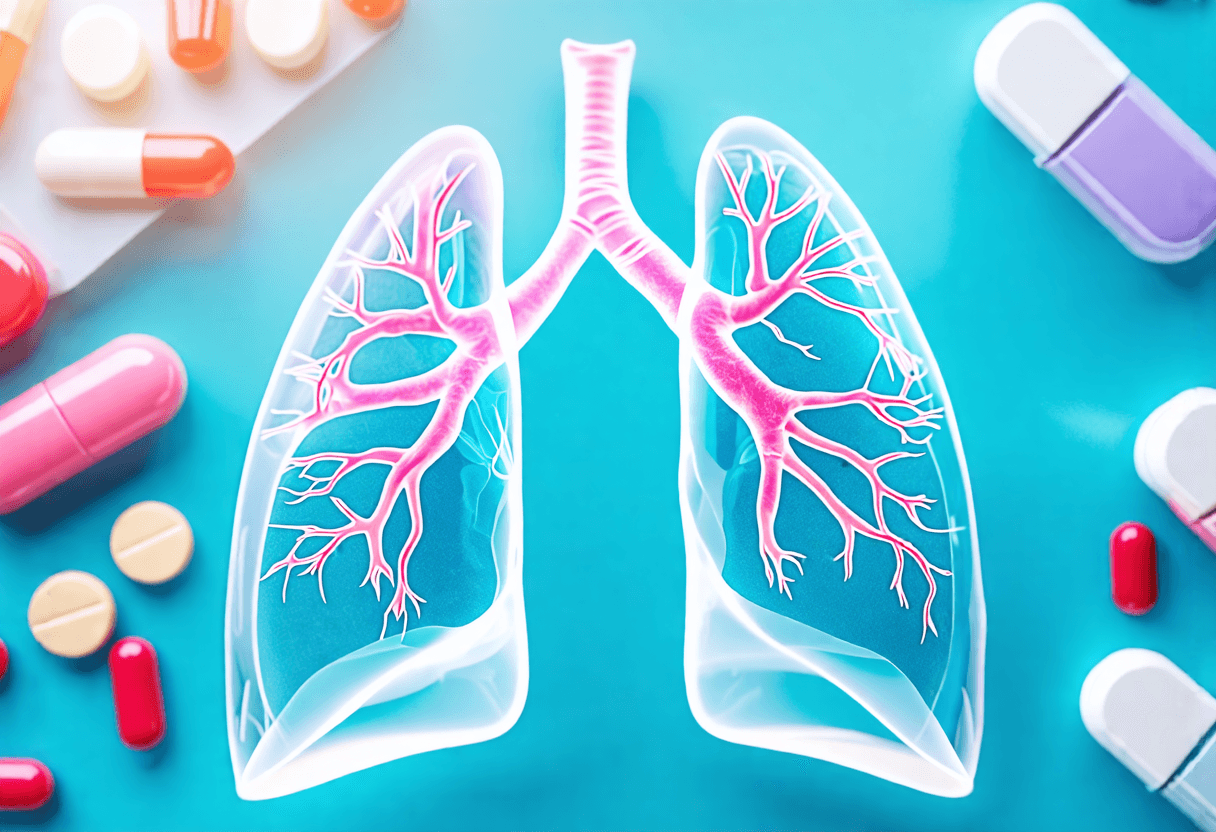
Lung Transplant Medications: What to Expect
13 Oct, 2024
 Healthtrip
HealthtripImagine waking up every morning, feeling like you can finally breathe again, free from the constraints of labored breathing and chronic fatigue. For individuals living with end-stage lung disease, a lung transplant can be a lifesaving gift, offering a second chance at life. However, this newfound freedom comes with a lifelong commitment to taking medications that will help your body accept the new lungs and prevent rejection. In this blog, we will delve into the world of lung transplant medications, exploring what to expect, the different types of medications, and how they work together to ensure a successful transplant.
Understanding the Importance of Medications After a Lung Transplant
After a lung transplant, medications play a crucial role in preventing rejection, managing complications, and promoting overall health. The primary goal of these medications is to suppress the immune system, reducing the risk of the body rejecting the new lungs. This delicate balance is crucial, as the immune system's natural response is to attack foreign objects, including the transplanted lungs. Without these medications, the body may reject the new lungs, leading to serious complications and even death. By taking medications as prescribed, individuals can significantly reduce the risk of rejection and ensure a successful transplant.
The Three-Tiered Approach to Lung Transplant Medications
Lung transplant medications are typically divided into three tiers, each with a specific purpose: immunosuppressive medications, anti-infective medications, and symptomatic medications. Immunosuppressive medications, such as tacrolimus, cyclosporine, and azathioprine, are the backbone of lung transplant medications, working to suppress the immune system and prevent rejection. Anti-infective medications, including antibiotics and antivirals, help combat infections that can arise during the post-transplant period. Symptomatic medications, such as pain medications and anti-anxiety drugs, manage the physical and emotional discomforts associated with the transplant process.
Common Lung Transplant Medications and Their Side Effects
While medications are essential for a successful lung transplant, they can also have side effects that impact daily life. Some common lung transplant medications and their potential side effects include: tacrolimus (tremors, headaches, and high blood pressure), cyclosporine (kidney damage, high blood pressure, and increased hair growth), azathioprine (nausea, vomiting, and increased risk of infections), and prednisone (weight gain, mood changes, and insomnia). It is essential to work closely with a healthcare team to manage these side effects and adjust medications as needed.
Managing Medications and Adherence
Adhering to a medication regimen is crucial for a successful lung transplant. To ensure medication adherence, individuals can establish a daily routine, using a pill box or reminder app to stay on track. It is also essential to communicate openly with a healthcare team, reporting any side effects or concerns. Additionally, regular blood tests and check-ups will help monitor the effectiveness of medications and identify any potential issues early on.
Living a Healthy Life After a Lung Transplant
A lung transplant is not a cure, but rather a treatment that requires a lifelong commitment to taking medications and making healthy lifestyle choices. By working closely with a healthcare team, individuals can manage their medications, prevent complications, and enjoy a better quality of life. This includes adopting a healthy diet, engaging in regular exercise, and avoiding smoking and secondhand smoke. With the right mindset and support, individuals can thrive after a lung transplant, enjoying a renewed sense of freedom and a second chance at life.
Remember, a lung transplant is a journey, not a destination. By understanding the importance of medications, managing side effects, and making healthy lifestyle choices, individuals can ensure a successful transplant and live a long, healthy life. If you or a loved one is considering a lung transplant, take the first step today, and discover the possibilities that this life-changing procedure has to offer.
Most popular procedures in India
Wellness Treatments
Give yourself the time to relax
Lowest Prices Guaranteed!

Lowest Prices Guaranteed!
Related Blogs

Epilepsy Medication: What You Need to Know
Understand the different types of epilepsy medications, their side effects,
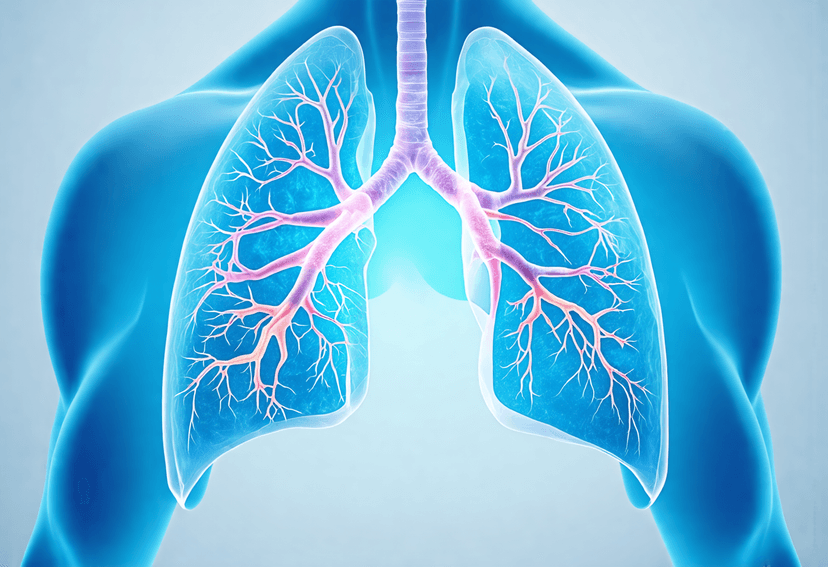
Lung Transplant and Osteoporosis: What to Know
Learn about the risk of osteoporosis after a lung transplant,
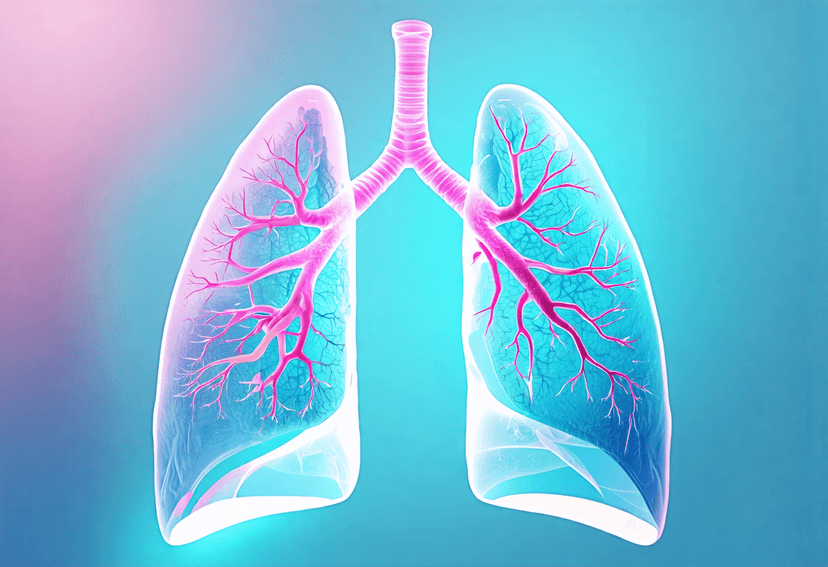
Lung Transplant and Menopause: What to Expect
Find out what to expect if you experience menopause after
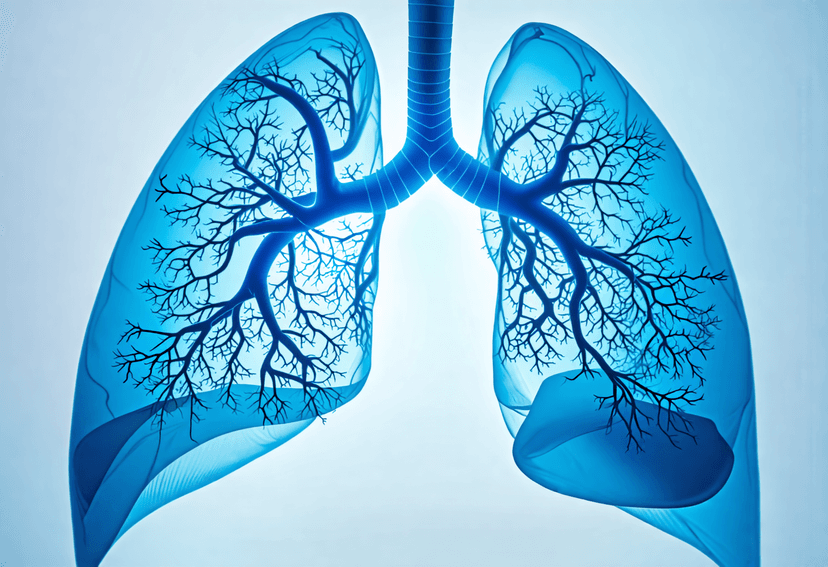
Lung Transplant and Fertility: What to Know
Understand the impact of lung transplant on fertility, including what

Lung Transplant and Breastfeeding: Is it Safe?
Learn about the safety of breastfeeding after a lung transplant,
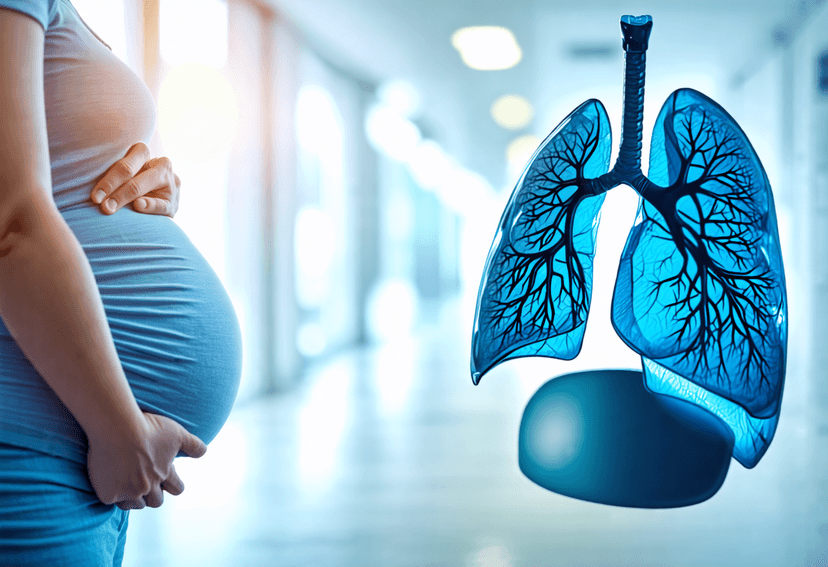
Lung Transplant and Pregnancy: What to Expect
Find out what to expect if you become pregnant after










